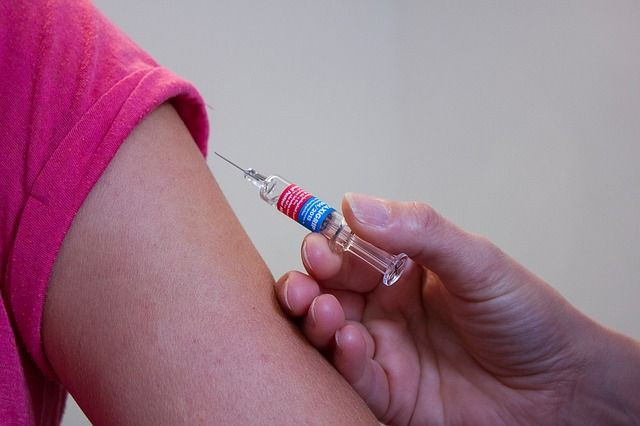Should Your Child Get The HPV Vaccine? Your Doctor’s Words May Determine Your Decision

When parents hear the word “vaccine,” they decide whether they will or won't have their child innoculated. This could originate from a preconceived notion about vaccines in general or, when it comes to the HPV vaccine, from the way their doctors describe it to them, according to a new study. According to the Centers for Disease Control (CDC), every year around 14 million people are infected with HPV. This can lead to several types of cancers, including cervical, vaginal, vulvar, penile, anal, and cancer of the hack of the throat.
Dr. Teri Malo, study author and postdoctoral research associate at University of North Carolina at Chapel Hill, presented nine long messages from the CDC and six brief messages created by the team to over 1,500 parents, according to a news release. All of the messages were designed to persuade the parents to vaccinate their children against the human papillomavirus (HPV). The goal of the study was to identify the most persuasive messaging.
Messages showing an emphasis on the parent’s role in whether their child becomes infected with HPV or an HPV-related cancer were found to be the most effective. If parents were told, “I strongly believe in the importance of this cancer-preventing vaccine for [child’s name],” by a physician, 65 percent of the parents would be convinced to vaccinate their children for HPV.
“[Child’s name] can get cervical cancer as an adult, but you can stop that right now. The HPV vaccine prevents most cervical cancers,” was also a persuasive formulation.
One example of a non-persuasive message was, “Would you wait until [child’s name] is in a car accident before you tell him to wear a seatbelt?”
“Longer statements developed by the CDC performed very well with parents,” Dr. Noel Brewer, associate professor of health behavior at the UNC Gillings School of Global Public Health, explained in a news release. “It is helpful for providers to know that the CDC is promoting high-quality and effective communication materials for them to use.”
The CDC recommends for children at age 11 to 12 to receive vaccination for HPV, which occurs in three doses. According to the news release, in 2015 the percentage of children aged 13 to 17 who were fully vaccinated from HPV was 42 percent of females and 28 percent of males. “It is helpful for providers to know that the CDC is promoting high-quality and effective communication materials for them to use,” Brewer said. “Brief, memorable and persuasive statements about the HPV vaccine can improve parent-provider communication.”
Read more: Vaccines For Children: How Do We Convince Anti-Vaxxers Immunizing Their Kids Is Safe?
Malo T, Gilkey M, Hall M, Shah P, Brewer N. Messages to Motivate Human Papillomavirus Vaccination: National Studies of Parents and Physicians. Cancer Epidemiology, Biomarkers & Prevention. 2016.
Published by Medicaldaily.com



























